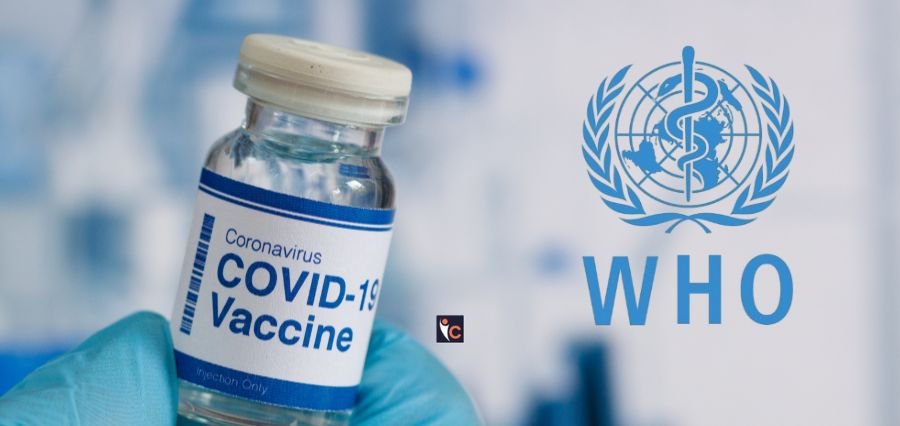Prime Highlights:
- WHO updates COVID-19 treatment guidelines, warning against the prescription of antibiotics solely for clinically suspected bacterial infection.
- Aims to mitigate rising antimicrobial resistance and improved patient outcomes through proper treatment.
Key Fact:
- Over 75% of patients with COVID-19 were prescribed antibiotics, yet true bacterial infection was found in just 8%.
- Guidelines set strong focus on evidence-based antibiotic prescribing to reduce unnecessary prescribing.
Key Background:
The World Health Organization has published a crucial update of its “COVID-19” treatment guidelines, and the guidelines advise against the regular use of antibiotics in COVID-19 patients unless there is evident clinical evidence of bacterial infection. The update comes in the background of a worrying trend in the pandemic years where antibiotics were inappropriately used in the vast majority of patients without suspected bacterial co-infection.
Outcome found that while bacterial infection was established in meager 8% of COVID-19 patients hospitalized, over 75% received antibiotics. Widespread use has resulted in increasing antimicrobial resistance (AMR), which complicates treatment of regular infections and drains life-saving drugs.
Medical practitioners, based on the most recent guidelines, have been directed to administer antibiotics only where there is rational suspicion, e.g., some radiologic evidence, biomarker elevation, or patient status with immunocompromised condition. WHO continues the trend towards clinical specificity with recommendations stating tests and cultures must be carried out prior to antibiotic administration. If the bacterial pathogen cannot be cultured within 48 hours, treatment must be discontinued.
Also, the guidelines recommend five-day short-course antibiotic treatment after confirming bacterial infection. The objective is to avoid overprescribing and rational use of “antibiotics in COVID-19” patients.
The new policy is also in line with WHO’s AWaRe (Access, Watch, Reserve) strategy, whereby the prescribers are promoted to prescribe low-resistance “Access” antibiotics and never prescribe “Watch” or “Reserve” antibiotics except in a very exceptional situation. The strategic action enhances global-wide “antimicrobial stewardship” action.
By promoting the use of antibiotics, WHO hopes to achieve maximum benefit for patients, slow the development of drug resistance, and ensure the sustainability of major medicines. The new strategy is an important addition to efforts to find long-term practice solutions to infectious disease in and beyond “COVID-19” pandemic.





